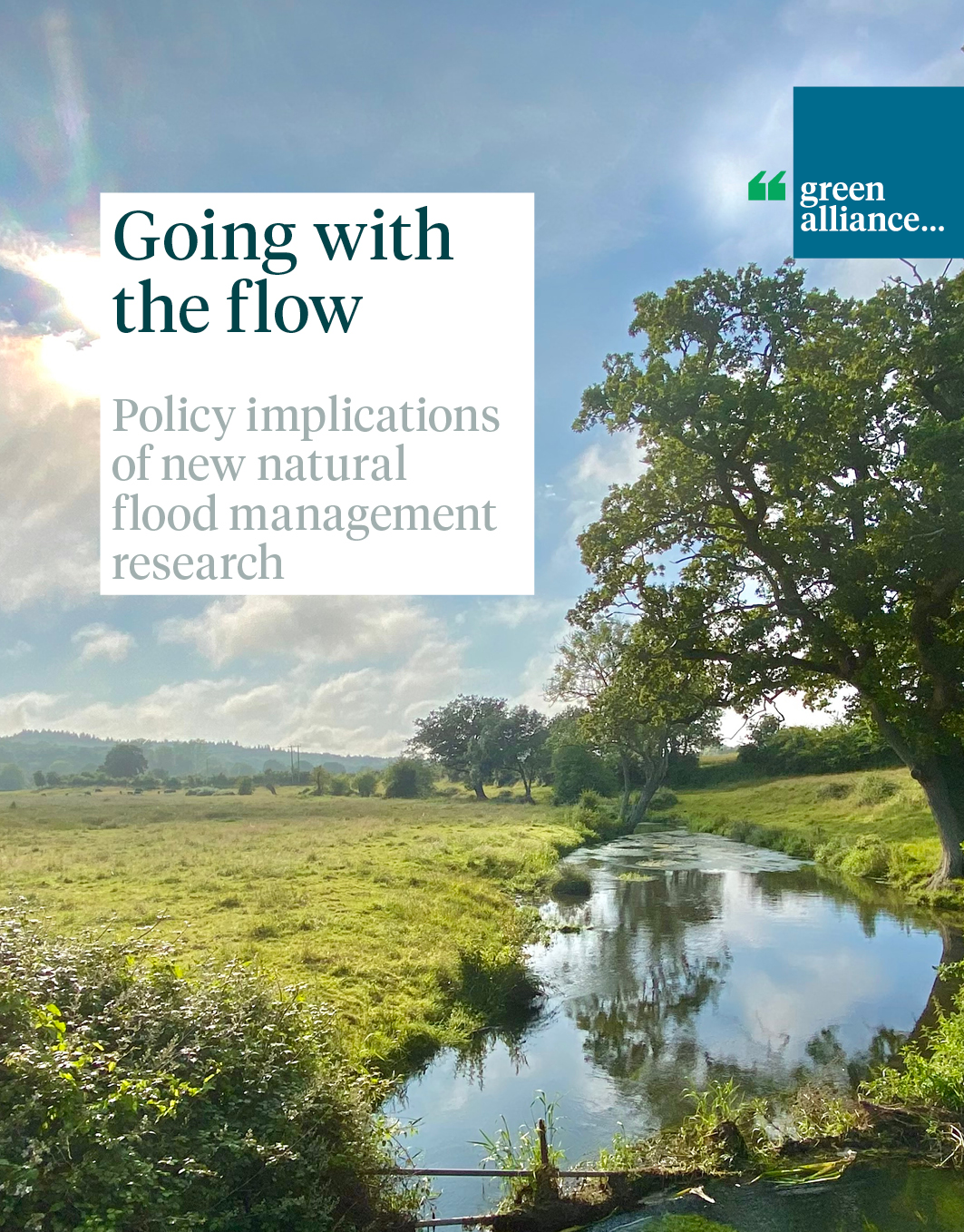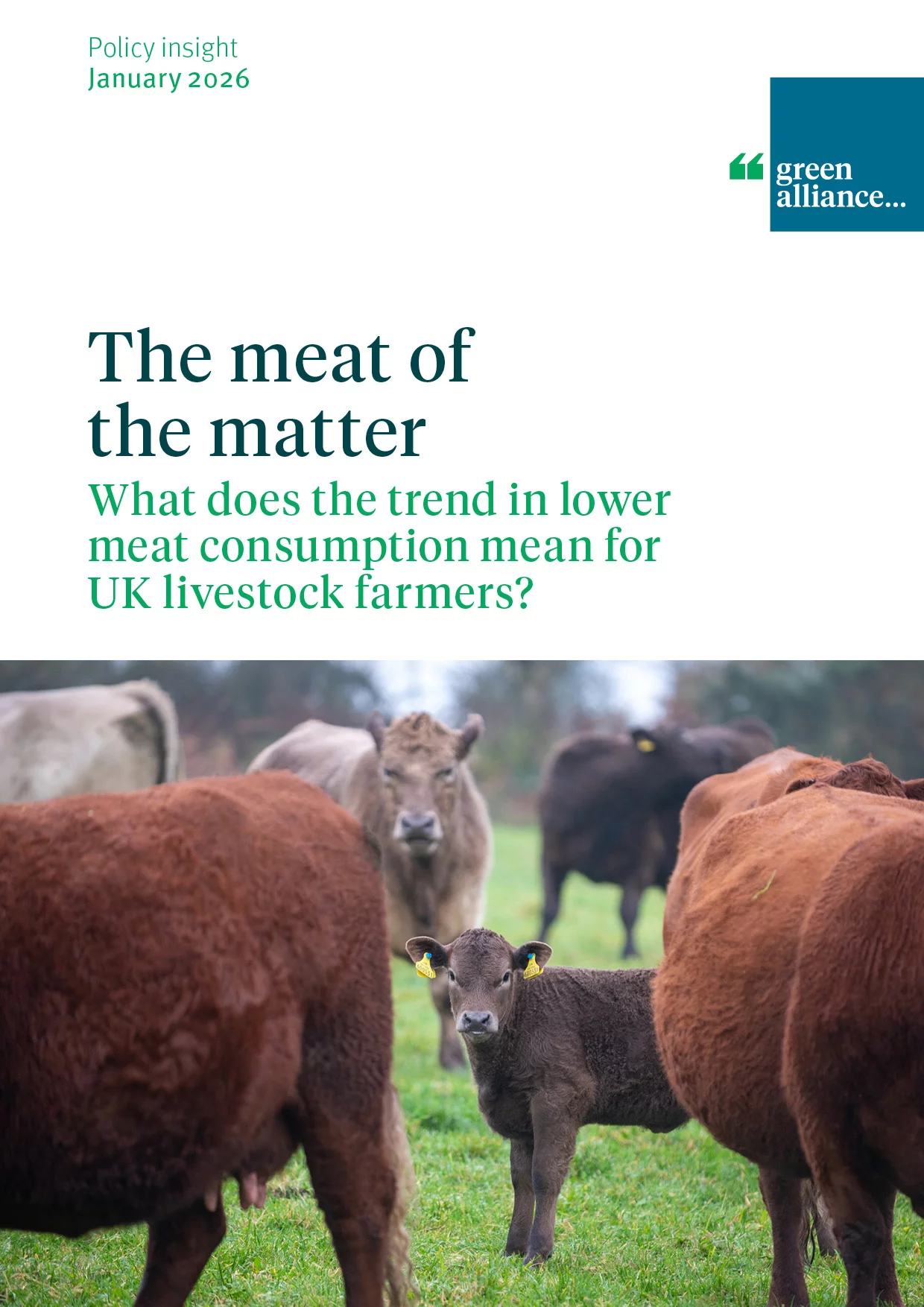Going with the flow: policy implications of new natural flood management research
Download pdf
Date:
Summary
As the climate heats up, flooding is expected to be an increasing problem in the UK. One way to reduce flood risk is through Natural Flood Management (NFM). This means managing land in a way that exploits natural processes which hold water and slow its flow into streams and rivers.
NFM has played an increasingly prominent role in government strategies to reduce flood risk. But its widescale adoption and the ability to attract significant private investment has been hindered by a lack of understanding of what it is and the difficulty of quantifying its benefits when used on a large scale. The Natural Environment Research Council (NERC) NFM programme, carried out jointly by the Universities of Reading, Manchester and Lancaster, aimed to address these evidence gaps.
In this report, funded by the UKRI-NERC NFM programme, we outline some of the programme’s main findings and suggest what they might mean for future land use policy and NFM investment. The report calls for:
- More spatial targeting in new farm payment schemes to ensure benefits of NFM are maximised and avoid negative impacts on the ecology of rivers
- Actions that have multiple benefits, like woodland planting and peatland restoration, to be prioritised as the environmental benefits of these increase the flood risk benefits tenfold
- The new evidence on effectiveness of NFM to be incorporated into planning tools like the Environment Agency’s ‘Flood map for planning’ to enable more private investment
James Elliott
Arpana Giritharan


